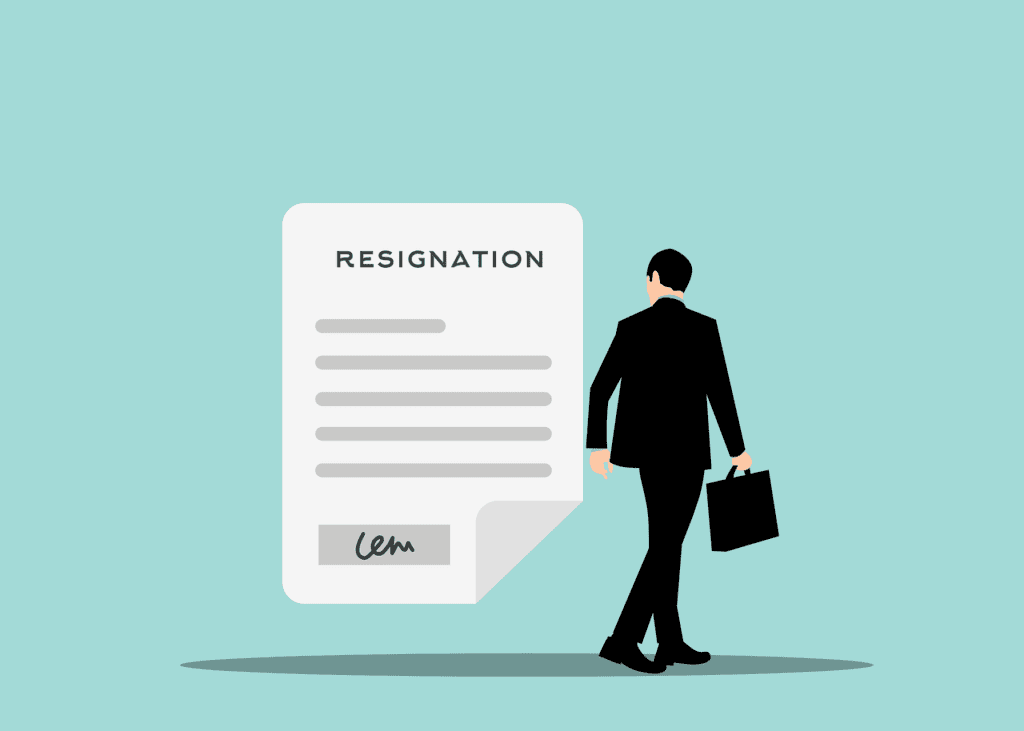It’s no secret that people lie on their resumes. In fact, a study by CareerBuilder found that over 50% of job seekers have lied on their resumes. While it may seem like a harmless white lie, the consequences of lying on your resume can be severe.
For starters, if you’re caught lying on your resume, you can be fired from your job. In some cases, you may even be sued by your employer. In addition, lying on your resume can damage your professional reputation and make it difficult to find new employment.
So, what should you do if you’re tempted to lie on your resume? The best course of action is, to be honest. Instead of stretching the truth, focus on
When it comes to writing your resume, it can be tempting to fudge the truth in order to make yourself look more qualified for the job you’re applying for. But lying on your resume is a risky proposition that could come back to bite you down the road. Here are some of the consequences of lying on your resume, as well as what can happen if you’re caught.
The Consequences of Lying on Your Resume
Lying on your resume can have a number of consequences, both during and after the application process. For starters, if your lies are discovered during the application process, it will almost certainly lead to your application being rejected. And even if you do manage to get the job, there’s a good chance that you will eventually be caught and fired.
But even if you don’t get caught, lying on your resume can still have negative consequences. For one thing, it can cause you a lot of stress and anxiety, as you will always be worried about being discovered. Additionally, it can damage your professional reputation and make it difficult to find future employment.
What Can Happen if You’re Caught
If you’re caught lying on your resume, the consequences can be severe. In some cases, you may simply be rejected for the job. But if the employer decides to take action, you could be facing serious legal trouble. Depending on the nature of the lie, you could be charged with fraud, perjury, or even identity theft.
In addition to legal trouble, getting caught lying on your resume can also damage your reputation and make it difficult to find future employment. Even if you’re not charged with a crime, word will spread that you’re not trustworthy, which could make it hard to find a job in the future.
Why Honesty is the Best Policy
It’s always better to be honest on your resume – even if it means omitting some information or downplaying your qualifications. The risks of lying are simply too high, and there’s no guarantee that you won’t get caught. Additionally, being honest on your resume will make the application process less stressful and give you a better chance of getting hired for a position that’s truly a good fit for you.
How to Avoid Stretching the Truth on Your Resume
If you’re tempted to lie on your resume, there are a few things you can do to avoid stretching the truth:
• Be honest about your qualifications: downplay your qualifications instead of inflating them
• Omit information that could be construed as a lie: if there’s something in your past that could be seen as a lie, leave it off your resume altogether
• Write concisely and clearly: avoid using vague or confusing language that could be misinterpreted
• Keep records of your claims: if you do need to embellish your qualifications, have documentation to back up your claims
Conclusion
Lying on your resume is never a good idea. The consequences can be severe, both in terms of getting caught and not getting caught. If you’re tempted to lie on your resume, try honesty instead – it’s always the best policy.



